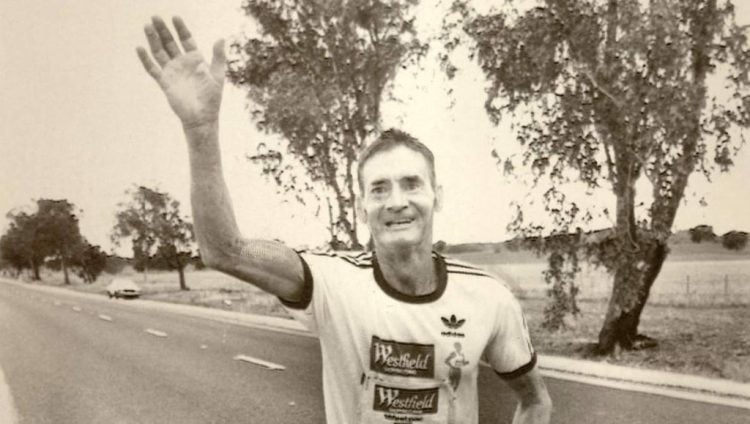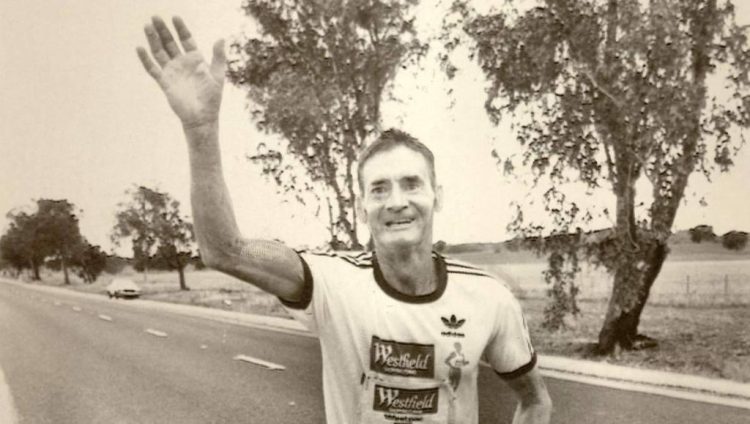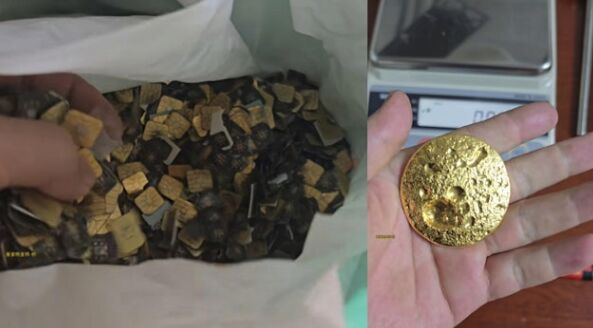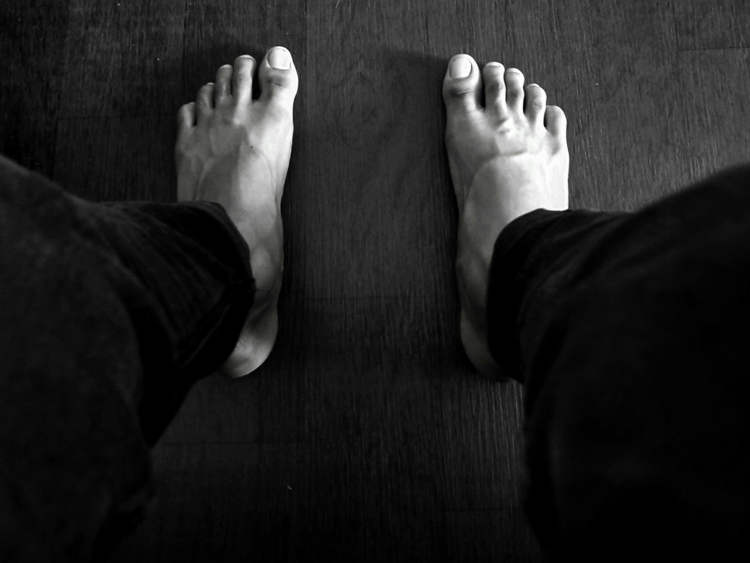Cliff Young is a legend among ultra-marathon runners, and for good reason – at age 61, the Australian potato farmer became the unlikely winner of the grueling Westfield Sydney-Melbourne Ultra Marathon.
Every year, thousands of seasoned runners from all over the world gather in Australia to take part in one of the most difficult ultra-marathons on the planet. As the name suggests, the Westfield Sydney-Melbourne Ultra Marathon has competitors running from Sydney to Melbourne, a distance of 543.7-miles (875 kilometers). The first man to win this endurance race remains its most famous participant to date – a 61-year-old potato farmer who ran the whole thing wearing overalls and work boots, and beat the runner up by 10 hours.

Photo: Wikimedia Commons
When Cliff Young showed up at the starting line for the inaugural edition of the Westfield Sydney-Melbourne Ultra Marathon in 1983, he stuck out like a sore thumb. While all the other participants wore professional running equipment, Young was dressed like he was ready to plow a field. Wearing his everyday farmer’s clothes and the running tag displayed on the back of his shirt, he quickly attracted the attention of reporters present on the scene.
“I grew up on a farm where we couldn’t afford horses or tractors, and the whole time I was growing up, whenever the storms would roll in, I’d have to go out and round up the sheep,” Cliff casually told reporters. “We had 2,000 sheep on 2,000 acres. Sometimes I would have to run those sheep for two or three days. It took a long time, but I’d always catch them. I believe I can run this race.”
No one actually believed him, and who could blame them. All the other competitors were in their 20s and early 30s, with years of training and marathon experience under their belts, and here was this 61-year-old man dressed like he had just come from the field, claiming that he was going to finish an 875-kilometer ultra-marathon.
On the first day of the race, it looked like doubters had been right about Cliff Young. A few miles into the endurance course, he was already trailing the pack by a lot, and he didn’t look capable of keeping up. While most of the other guys had developed a healthy rhythm, Young was slowly shuffling along, more fast walking than running.
But Cliff Young had one advantage that no one had anticipated. All of the other runners had been training to run for about 18 hours a day and then stop and sleep for the other six, but the 61-year-old didn’t plan on stopping until he reached the finish line. So while everyone else was sleeping, this proverbial tortoise passed by all of them, establishing himself as the leader on the first night.
When dawn broke, the other runners were shocked to learn that the old farmer was now in the lead, and that they would have to catch up to him. Although he was still shuffling at a slow pace, the fact that he simply did not stop running helped Cliff Young maintain the lead for the whole five and a half days it took him to cross the finish line.
Young’s time of 5 days, 15 hours and four minutes was a full 10 hours faster than that of the runner-up, and almost two days faster than the previous record for any run between Sydney and Melbourne. Upon being handed a $10,000 check as a prize for winning the race, Cliff Young decided to keep none of it for himself and instead split it evenly among the other five runners who eventually managed to finish the grueling race.
The very next year, Cliff Young came back to defend his title, but only managed to finish 7th. He continued to run, and in 1997, at the age of 75, he set out to run all 16,000 km of the Australian coastline. He was forced to stop after 6,250 kilometers after his only crew member fell ill. In the year 2000, Young achieved a world age record in a six-day race in Victoria.
Cliff Young died at the age of 81, but he lives on through his achievements, and through his iconic “shuffle, which many long-distance runners now employ whenever they want to conserve energy.













